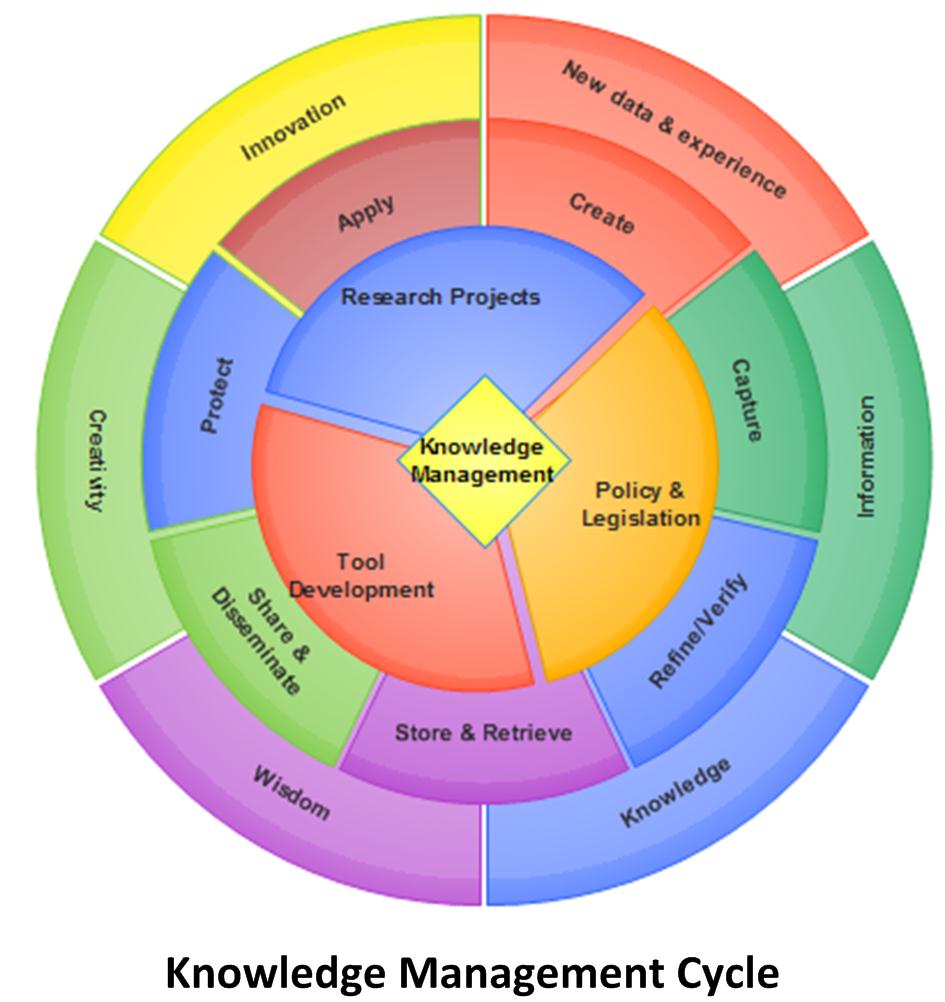
Individuals, teams and organisations waste a lot of time “reinventing the wheel”.
placeholder.jpg
This is often because we simply do not know that what we are trying to do, has already been done before. We do not know what is already known, and when we do, we often don’t know where or how to access this knowledge.
This is why the HDA Knowledge Management and Research Unit was established a year ago at our head office, managed by Karishma Busgeeth. Since its inception and through a process of workshops, interviews and meetings, the unit has achieved significant milestones; these include developing a strategy, framework and action plan for implementing knowledge management at the HDA, establishing the PHDA policy and HDA regulations on PHDAs, and finalising the Land Identification and Assessment Criteria based on the Well-Located Land Continuum.
This knowledge management and innovation capacity framework was established with the objective of identifying knowledge generation and management systems, products and services based on an assessment of needs, lessons learned, and current and best practices.
Knowledge is a key tool to support the HDA as the Unit will be a catalyst for generating ideas, solutions and innovation.
What is knowledge management at the HDA?
Knowledge management is a discipline that promotes an integrated approach to identifying, capturing, evaluating, retrieving and sharing all of HDA’s information assets. These assets may include databases, documents, policies, procedures, tools, and previously uncaptured expertise and experience of individual employees.
What is the aim of knowledge management?
The aim of knowledge management and its framework is to help translate tacit knowledge that is interpretable, useful and relevant to the HDA’s work, into explicit knowledge that is made available to the wider group. This knowledge remains available over time, and has the effect of improving implementation and whatever services and strategic perspectives the HDA is able to offer.
What are some end products of knowledge management at the HDA?
Most importantly, effective knowledge management is now recognised to be the key driver of new knowledge and new ideas to the innovation process, to new innovative products, services and solutions. These include:
To obtain more information about the HDA knowledge management and research sub-programme, please contact Karishma Busgeeth, Senior Manager: Knowledge Management and Research, at karishma.busgeeth@thehda.co.za.